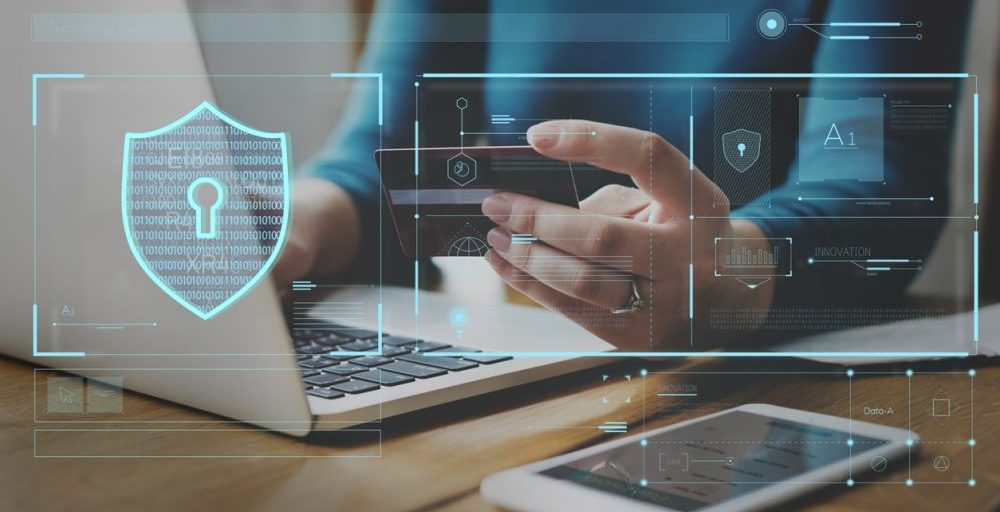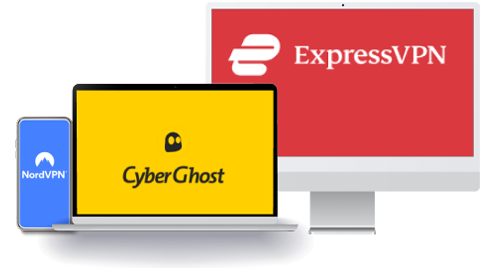

Top VPN Services in 2024
-
- Enjoy lightning fast access to any website or app without compromising your privacy and anonymity. Get the peace of mind that comes with free trials and money back guarantees!
Looking to keep your online activity private?
A VPN is the answer, providing a secure network of protection against prying eyes and unwanted interference. By connecting you to another server on the internet with different access parameters, it masks all traceback information associated with your IP address for total anonymity. Whether at work or traveling abroad in one of many countries enforcing strict digital guidelines – ensuring privacy has never been easier thanks to Virtual Private Networks!
In today’s world, privacy is something we should all have the right to—yet it isn’t always guaranteed. A VPN (Virtual Private Network) comes to our rescue in these times by hiding your IP address so sites don’t know exactly where you’re coming from. This opens up an array of possibilities; if access to a certain site or service has been blocked off in your country or workplace, for example, then simply choose a server that hasn’t restricted this and enjoy the freedom of browsing unrestricted!
Data Protection and Security
VPNs encrypt all of your internet traffic between the server and your device, making it nearly impossible for hackers or other malicious entities to access it. This means that if you use public Wi-Fi networks at restaurants, airports, or hotels, you don’t have to worry about anyone intercepting your personal data like passwords, credit card numbers, emails, or browsing history. Additionally, using a VPN can help protect you from malicious websites by routing all of your traffic directly through their servers before connecting to the website itself. That way you can be sure that the website is safe before entering any sensitive information into it.
Accessibility & Privacy
Using a VPN allows you to access content that may not be available in certain countries because of geo-restrictions (such as streaming services). With a VPN enabled on your device, you can connect to servers located anywhere in the world and bypass those restrictions with ease! Additionally, since all data is encrypted when connected to a VPN server, ISPs (Internet Service Providers) will not be able to collect any personal information about you either. This means that even if an ISP wanted to monitor what websites you visit or track what videos you watch online they wouldn’t be able to do so with a VPN enabled on your device.
Conclusion:
Using a virtual private network is an essential part of staying secure and anonymous while online. Not only does it provide protection against hackers trying to steal personal information but also prevents ISPs from collecting any personal data about their users as well. Additionally, it allows users to access more content by removing geo-restrictions without having to worry about their privacy being compromised! All in all, there are many benefits of using a VPN for both casual and heavy internet users alike!
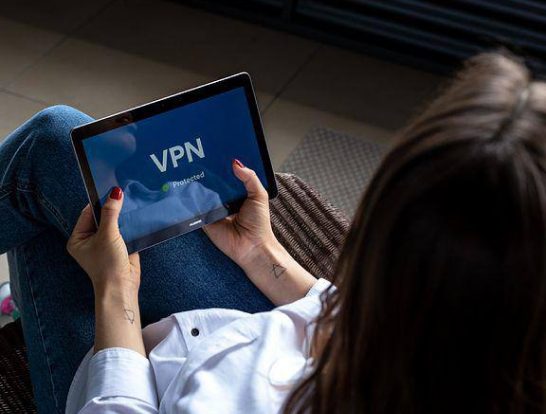
Why Use a VPN for Private Web Browsing in the U.S.?
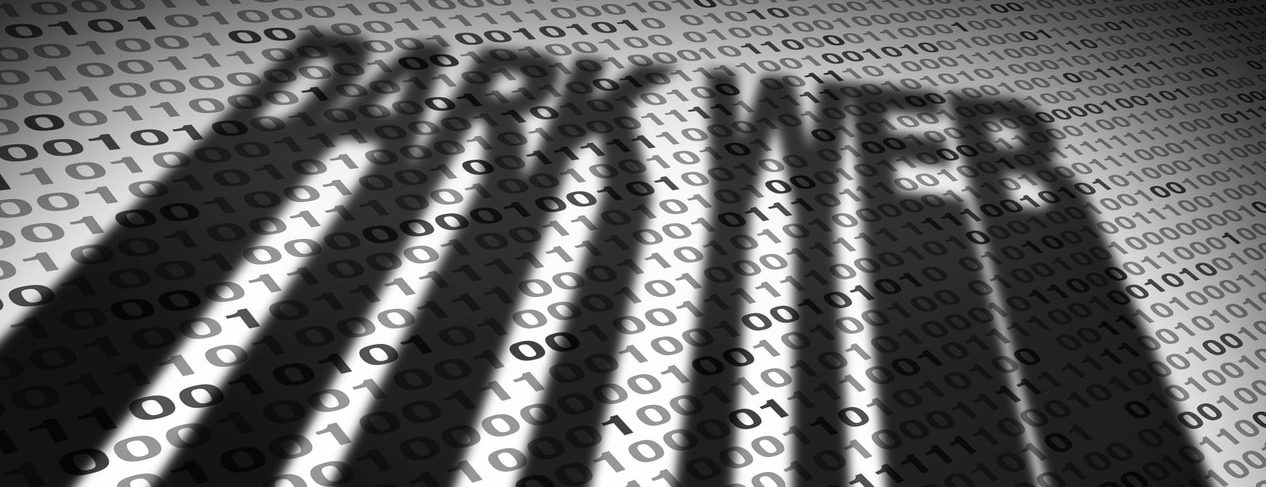
Best VPN for Browsing Dark Web Safely
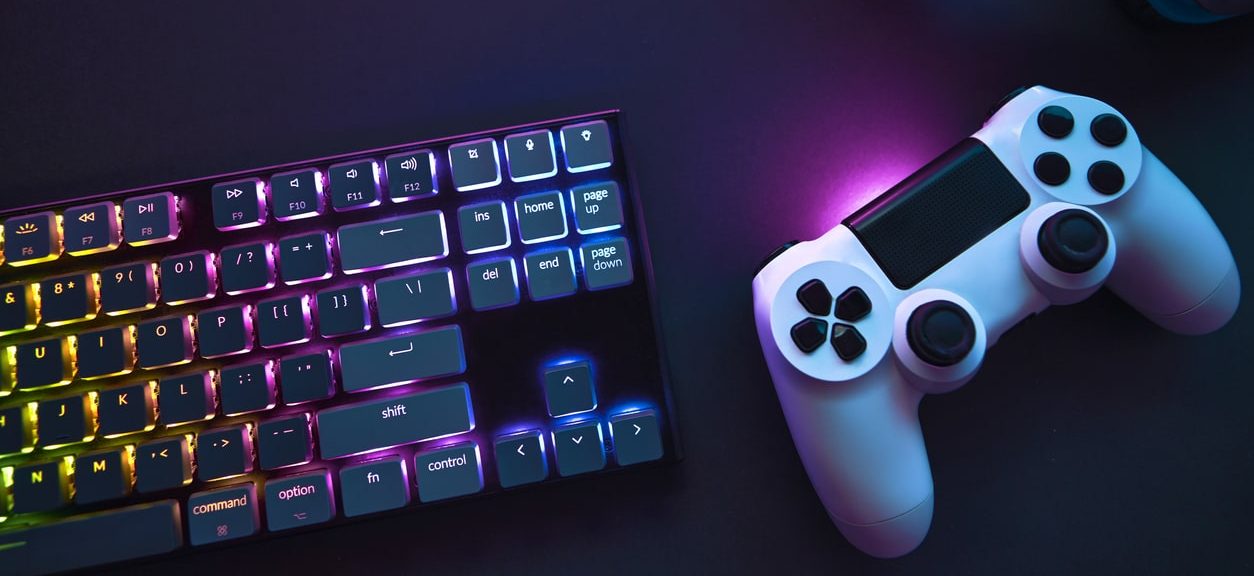
VPN for Warzone

Watch BBC iPlayer From Anywhere in HD with these iPlayer VPNs
